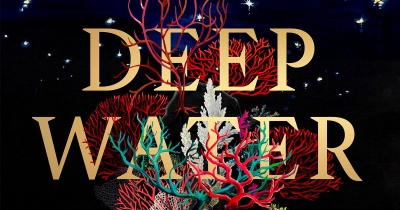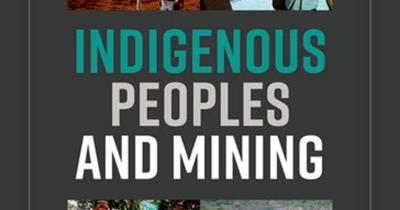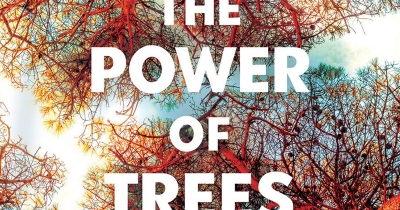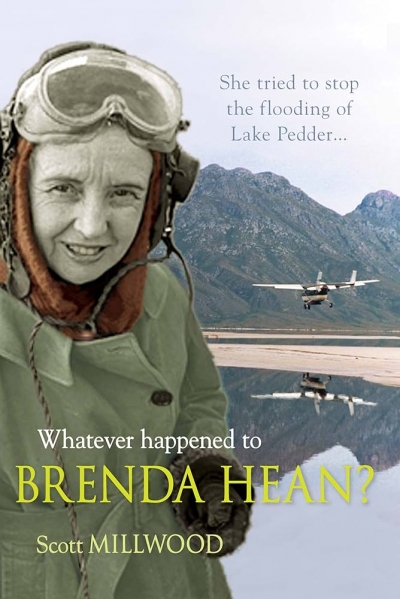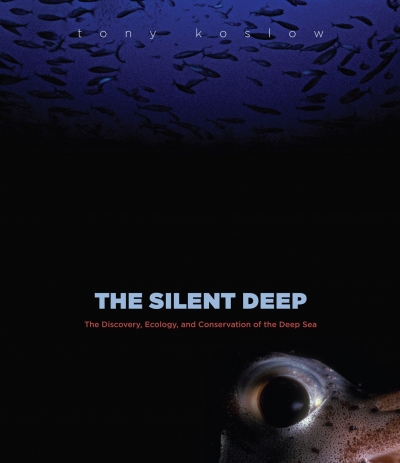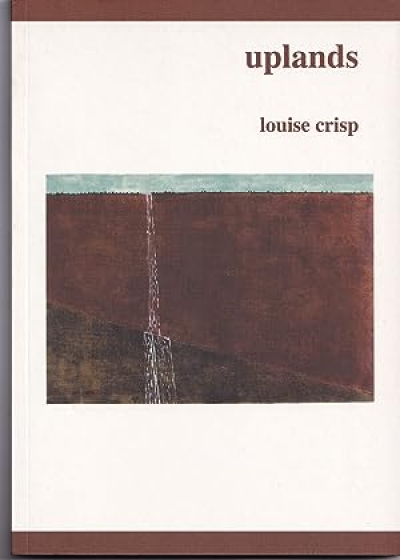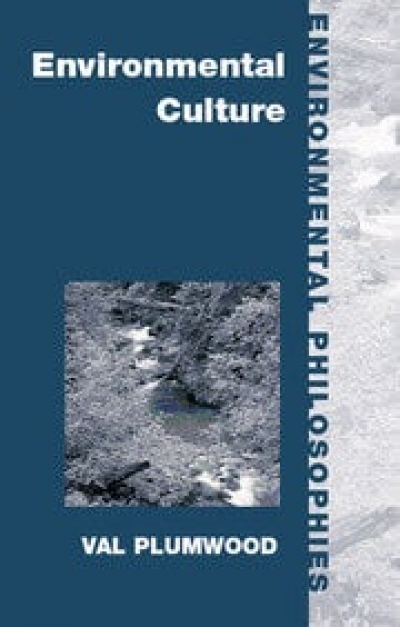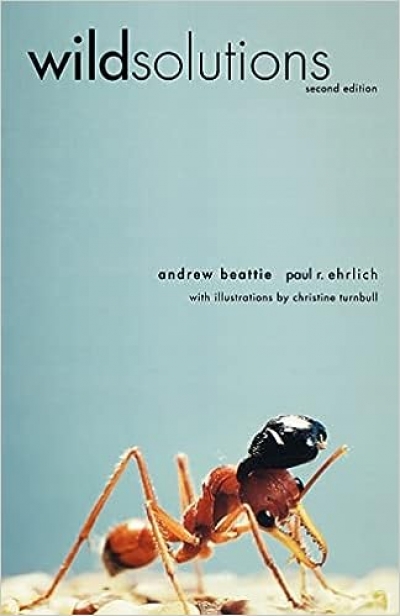Environment
Climate Change and International History: Negotiating science, global change, and environmental justice by Ruth A. Morgan
by Harrison Croft •
Indigenous Peoples and Mining: A global perspective by Ciaran O'Faircheallaigh
by Deanna Kemp •
The Power of Trees: How ancient forests can save us if we let them by Peter Wohlleben, translated by Jane Billinghurst
by Ruby Ekkel •
Whatever Happened To Brenda Hean? by Scott Millwood
by Jay Daniel Thompson •
The Silent Deep: The discovery, ecology and conservation of the deep sea by Tony Koslow
by Paul Humphries •
Environmental Culture: The Ecological Crisis of Reason by Val Plumwood
by Janna Thompson •
Wild Solutions: How Biodiversity Is Money in the Bank by Andrew Beattie and Paul R. Erhlich
by Patrice Newell •

